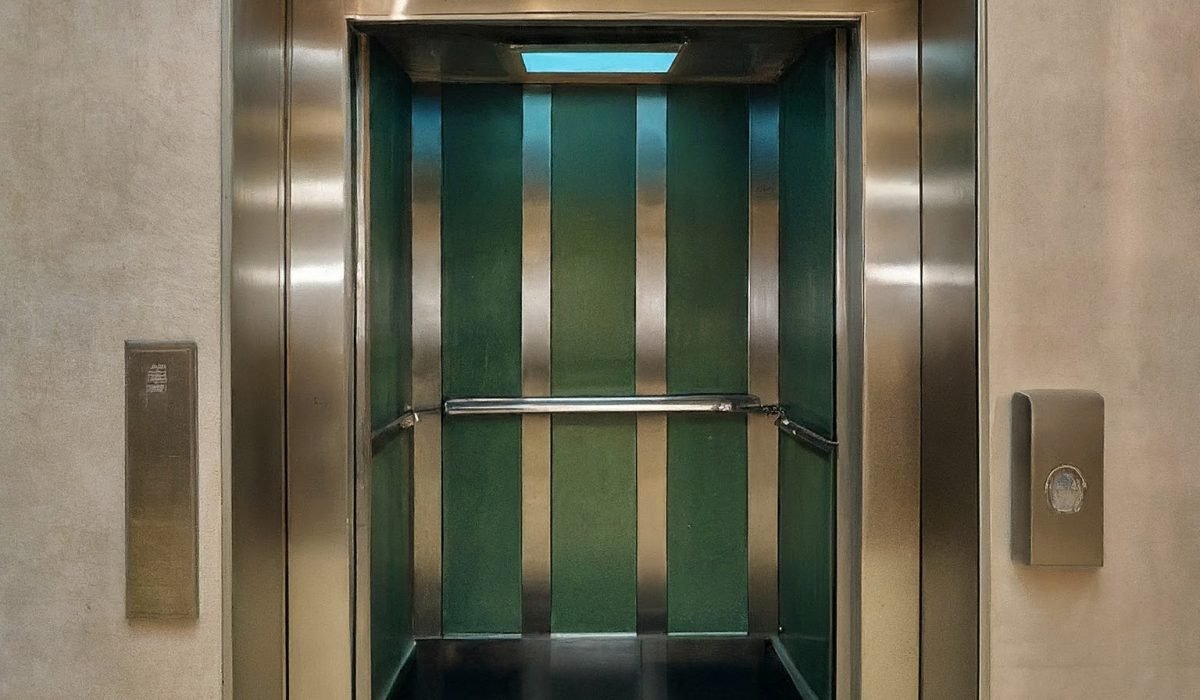Elevator Maintenance 101: A Guide for Building Managers
Elevators are the workhorses of vertical transportation, silently and efficiently ferrying occupants throughout your building. But like any hardworking machine, they require regular maintenance to function smoothly and safely. As a building manager, ensuring a proactive elevator maintenance program is crucial for:
Safety First:
- Minimizing breakdowns: Regular inspections and preventive maintenance address minor issues before they turn into major breakdowns, reducing the risk of accidents and ensuring passenger safety.
- Compliance with regulations: Adhering to safety codes and regulations through scheduled maintenance prevents potential legal repercussions and fines.
- Peace of mind: Knowing your elevators are well-maintained provides peace of mind and reduces liability concerns.
Beyond Safety:
- Extended lifespan: Proper maintenance significantly extends the lifespan of your elevators, saving you money on costly replacements in the long run.
- Improved performance: Regular servicing ensures smooth operation, reduces noise levels, and increases energy efficiency.
- Reduced downtime: Minimizing breakdowns means less downtime for your tenants, businesses, and visitors, which translates to fewer complaints and disruptions.
- Increased property value: Well-maintained elevators contribute to a well-managed building, potentially enhancing its value and marketability.
Scheduling and Common Issues:
- Follow manufacturer’s guidelines: Each elevator model has specific maintenance requirements defined by the manufacturer. Schedule regular inspections and servicing according to these guidelines.
- Don’t ignore warning signs: Unusual noises, vibrations, or slow operation could indicate potential issues. Report them immediately to your maintenance provider.
- Common issues: Be aware of common problems like worn brake pads, faulty door sensors, and lubrication issues. Early detection and repair prevent them from escalating into bigger problems.
- Maintenance contracts: Consider signing a comprehensive maintenance contract with a reputable provider. This ensures regular servicing and often includes emergency repairs and parts replacements at a fixed cost.
Proactive Care Pays Off:
- Invest in predictive maintenance: Implement technologies like vibration analysis and oil analysis to predict potential issues before they occur, optimizing maintenance strategies and preventing downtime.
- Train your staff: Educate building staff on basic elevator operation and identifying potential issues. Empower them to report anything unusual to the maintenance provider promptly.
- Maintain good records: Keep a detailed log of all maintenance activities, inspections, and repairs. This helps identify trends, predict future needs, and demonstrate compliance with regulations.
Remember: Regular elevator maintenance is not just an expense, it’s an investment in the safety, efficiency, and longevity of your building’s most vital vertical transportation system. By prioritizing proactive care, you can ensure a smooth and safe ride for everyone, while protecting your property and fostering a positive experience for all occupants.

